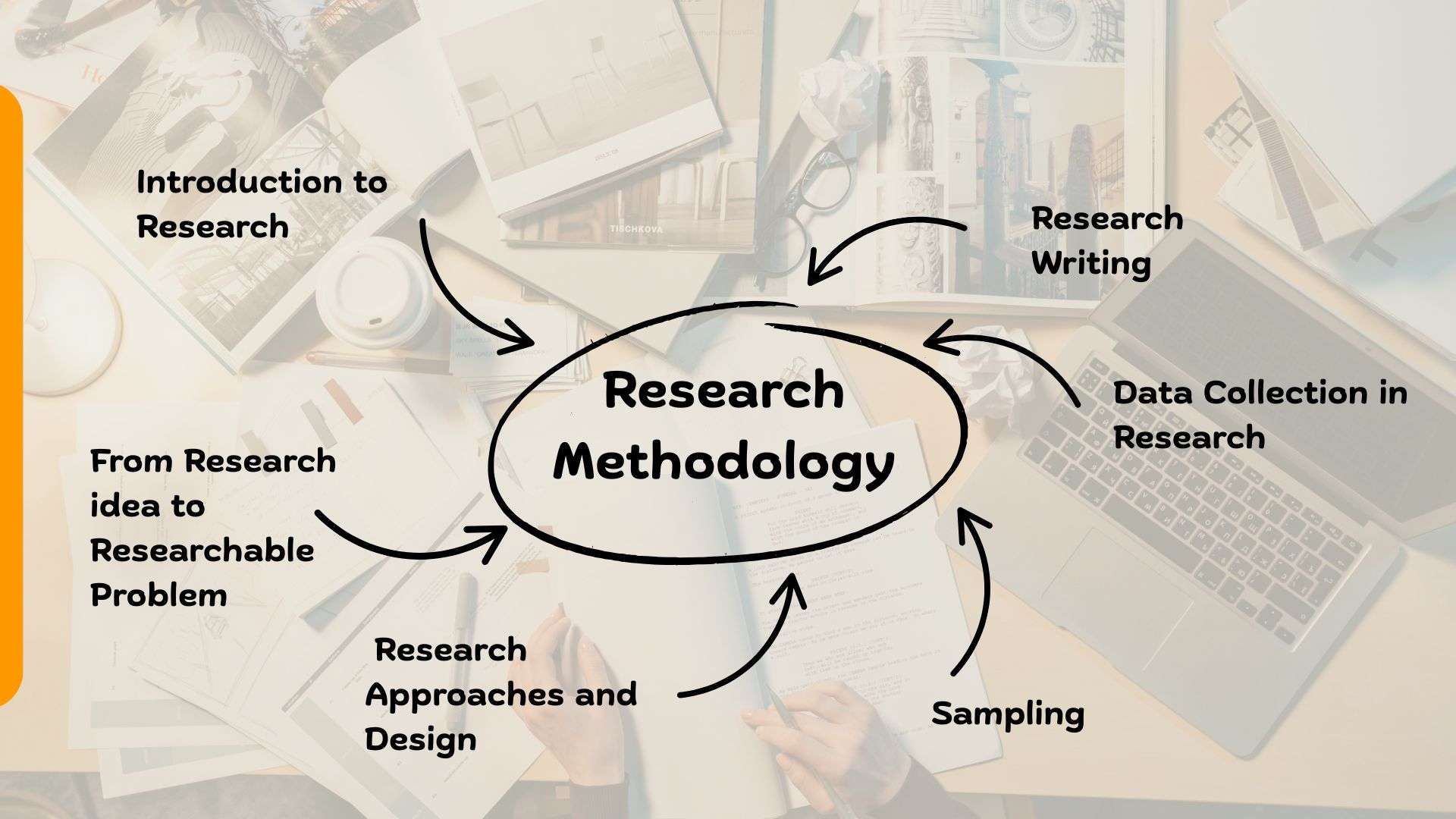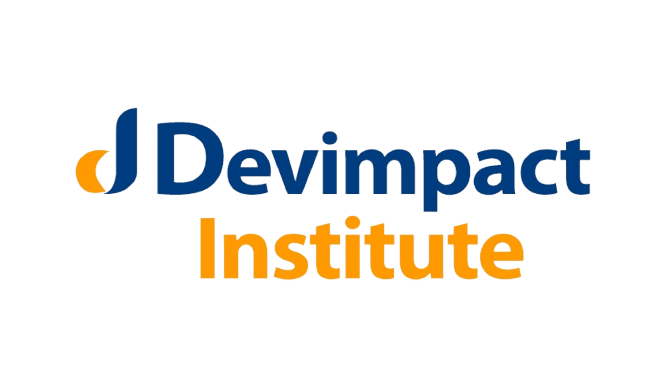
Training on Research Methodology
This course is aimed at equipping the participants with the knowledge and skills to undertake a research study. The participants will understand relevant theories, concepts, tools and techniques in research. This course is designed to be practical therefore the theoretical knowledge that constitutes research methodology is organized around the operational steps that form the research process for both quantitative and qualitative research.
Target Participants
This training on research on methodology is aimed at researchers, students, academics or any other professional who want to enhance their research skills.
What you will learn
By the end of this training the participants will be able to:
- Formulate and write research questions, hypotheses and research objectives
- Effectively select the correct research design
- Examine critically the importance of a sampling strategy in both quantitative and qualitative research and be familiar with key sampling methods
- Undertake a critical literature review and recognize the strengths and weaknesses in secondary data
- Develop robust data collection instruments
- Write a research proposal that demonstrates an understanding of the research process and the key principles of research ethics
- Identify and appraise appropriate routes for the dissemination of research findings
Course Duration
Online 14 Days
Classroom-based 10 Days
Module 1: Introduction to Research
Introduction to Research
- Research defined
- Research process
- What makes research scientific
From Research idea to Researchable Problem
- Where do research ideas come from
- Formulating the research problem
- Research problem to researchable questions
Formulating Research Questions, Hypotheses and Objectives
- Research questions
- Research hypotheses
- Research objective(s)
- Formulating research statements
Module 2: Research Approaches and Design
Research Approaches
- Introduction to research approach
- Quantitative research approach
- Qualitative research approach
- Mixed methods approach
Research Design
- Introduction to research design
- Relationship between research approach, research design and research methods
- Quantitative Research Design
- Descriptive research
- Correlational research
- Causal-comparative
- Experimental
- Qualitative Research Design
- Narrative research
- Phenomenology
- Grounded theory
- Ethnographies
- Case study
- Mixed Methods
- Convergent
- Explanatory sequential
- Exploratory sequential
- Transformative, embedded, or multiphase
- Criteria for selecting a research approach and design
Module 3: Sampling
Introduction to Sampling
- What is sampling?
- Sampling process
- What makes a good sample?
- Sampling method types
Sources of Error in Sampling and Measurement
- Sampling error
- Non-sampling errors
- Accuracy, precision, and bias
Sampling Methods
- Probability sampling
- Non-probability sampling
Sample Size Calculation
- Sample size calculation parameters
- Sample size calculation approaches and formulas
- Sample size considerations
Module 4: Data Collection in Research
Introduction to Data Collection
- Data collection techniques
- Data collection sources
- Data collection pathways
Quantitative Data Collection
- Qualitative data collection methods and tools
- Survey questionnaire
- Designing the questions
- Structuring the questionnaire
- Building a data management and analysis plan
- Pre-testing and finalizing data collection tools
Qualitative Data Collection
- Qualitative data collection methods and tools
- Interviews
- Interview guide design
- Interview conduct
- Special considerations
- Focus Group
- Designing the FGD guide
- Conducting the FGD
- Special considerations
Module 5: Research Writing
Literature Review
- Introduction
- Characteristics of literature reviews
- Analysis and synthesis
- Types of literature reviews
- Process of conduction literature review
- Referencing and citation
Developing a Research Protocol
- Introduction to research protocol
- Drafting the main components of a research protocol
- Ethical review
Research Report
- Report structure
- Report content
- Data presentation
- Dissemination of findings

